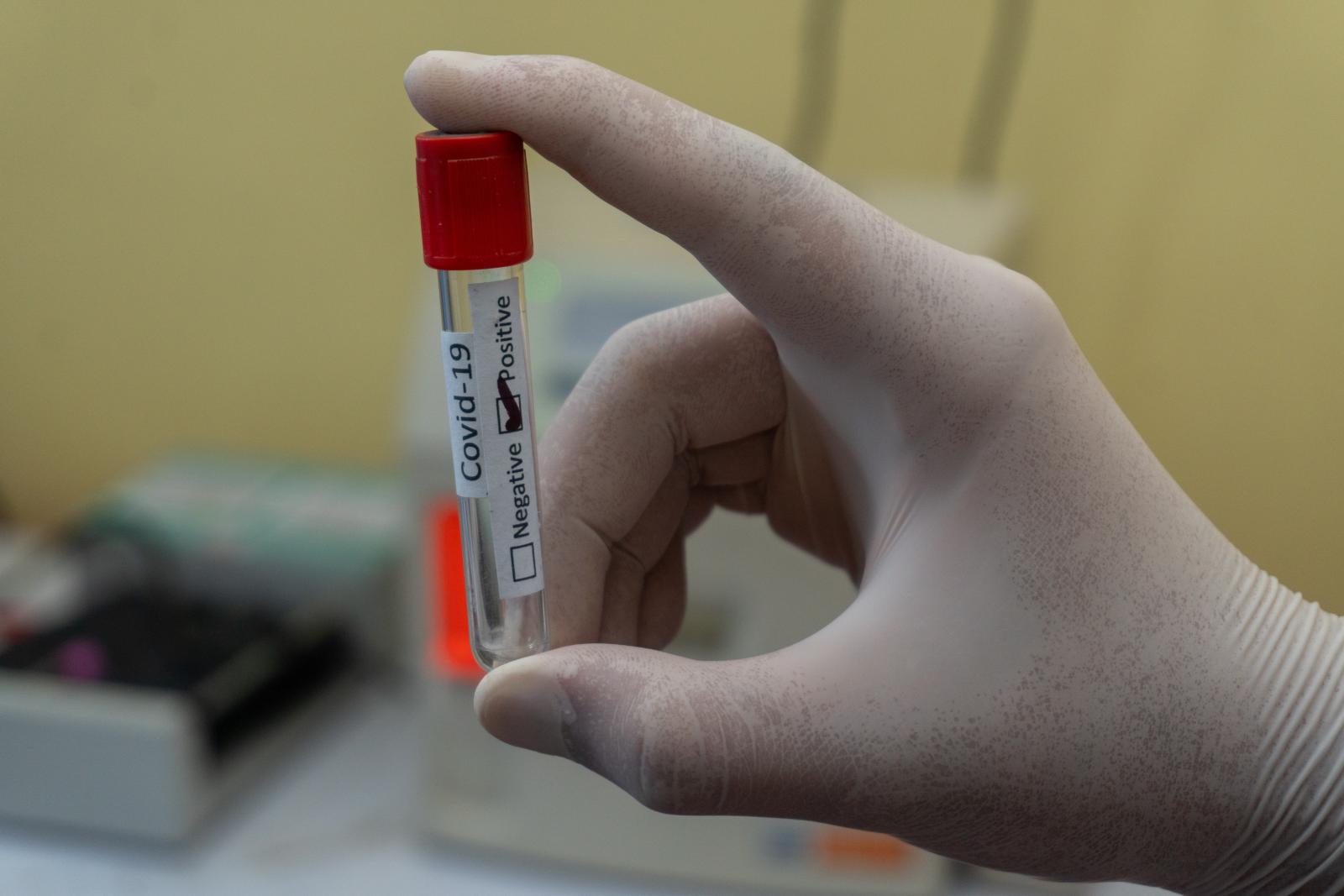Every attendant of the FENS today spent some of his time to greet and share the contact with the most relevant colleagues found during this conference. One of the most important and interesting aspects of these events is indeed the possibility of creating networks of contacts, collaborations and nonetheless friendship within this big and active community. The next appointment of this huge event will be in two years in Copenhagen thus… “Arrivederci” in Copenhagen!
3 – Lisa Holt, University of Cambridge, United Kingdom
Lisa Holt focused all of her carrier so far in understanding the processes occurring during axon elongation. Her efforts revealed the mechanisms behind attraction cues during axon growth, showing how protein synthesis in the growth cone of the axon is necessary to polarize the axon toward the attractive cue. Most recent studies made in her lab were aimed to identify the specific genes transduced in the growth cone by very specific and unbiased assays. These studies can lead to new breaches in the understanding the rules of the axon growth processes, a series of very precise mechanisms at the base of the high complexity of the brain.
2 – Patrick Kahold, University of Maryland, USA
Patrick Kahold’s subjects of studies are the circuits formed in development by the subplate. These cells are a temporary population of cells formed during the development of the cerebral cortex, which is necessary for an appropriate wiring between the thalamus and the cortex. The approaches used in his lab allowed creating a map of connectivity between different type of cells of the subplate and the cortex and how these circuits evolve during time. His lab managed to demonstrate the existence of a feedback circuit between cortex and subplate. Such a circuit is very important for the strengthening of thalamic projections to the cortex, which are key processes for a correct wiring of the brain. His technique can also be adapted to study many different type of circuits in a more widespread fashion.
1 – Svante Pӓӓbo, Max Plank Institute, Franckfurt, Germany
Svante Pӓӓbo is a leading expert in human evolution studies. His efforts lead to the sequencing and the comparison of the Neanderthal, human and Denisovan genome. His works led to a deep insights on the geographical, historical and evolutionary origin of the human species, showing how the first humans emerged from Africa and spread in all the continents after mixing with few other hominids. His studies are also focusing on understanding which main genomic changes made it possible to develop those cognitive functions that are unique in humans amongst hominid species, an exciting and very promising field of study that can allow us to focus more functional studies on the human specific genes or mutation that will be identified.


